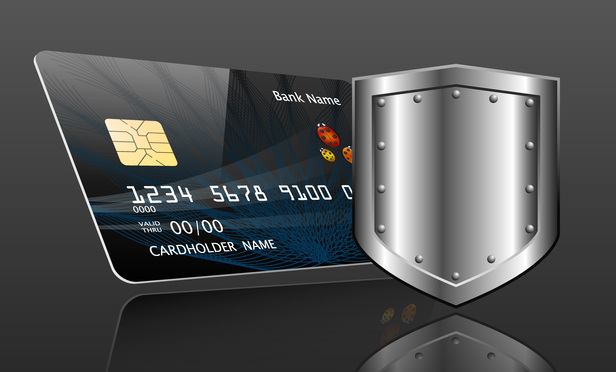Imagine that your credit card information is stolen in a data breach. Do you have standing to sue the company where the data breach occurred? Most courts would say “no,” not unless the hackers misuse your information and you incur fraudulent charges. But if there is a substantial risk that this may happen and you take steps to prevent it, you may be able to recover your mitigation costs.
The Legal Standards
The U.S. Supreme Court recently reviewed the standing requirements in Spokeo v. Robins, 136 S. Ct. 1540 (2016). In Spokeo, the court confirmed that standing requires an injury-in-fact, i.e., an injury that is “concrete and particularized,” and “actual or imminent, not conjectural or hypothetical.” Id. at 1548 (citing Lujan v. Defenders of Wildlife, 504 U.S. 555, 560 (1992)). In the example above—where hackers steal information, but do not use it—plaintiffs have not suffered an actual injury.
This content has been archived. It is available through our partners, LexisNexis® and Bloomberg Law.
To view this content, please continue to their sites.
Not a Lexis Subscriber?
Subscribe Now
Not a Bloomberg Law Subscriber?
Subscribe Now
LexisNexis® and Bloomberg Law are third party online distributors of the broad collection of current and archived versions of ALM's legal news publications. LexisNexis® and Bloomberg Law customers are able to access and use ALM's content, including content from the National Law Journal, The American Lawyer, Legaltech News, The New York Law Journal, and Corporate Counsel, as well as other sources of legal information.
For questions call 1-877-256-2472 or contact us at [email protected]



